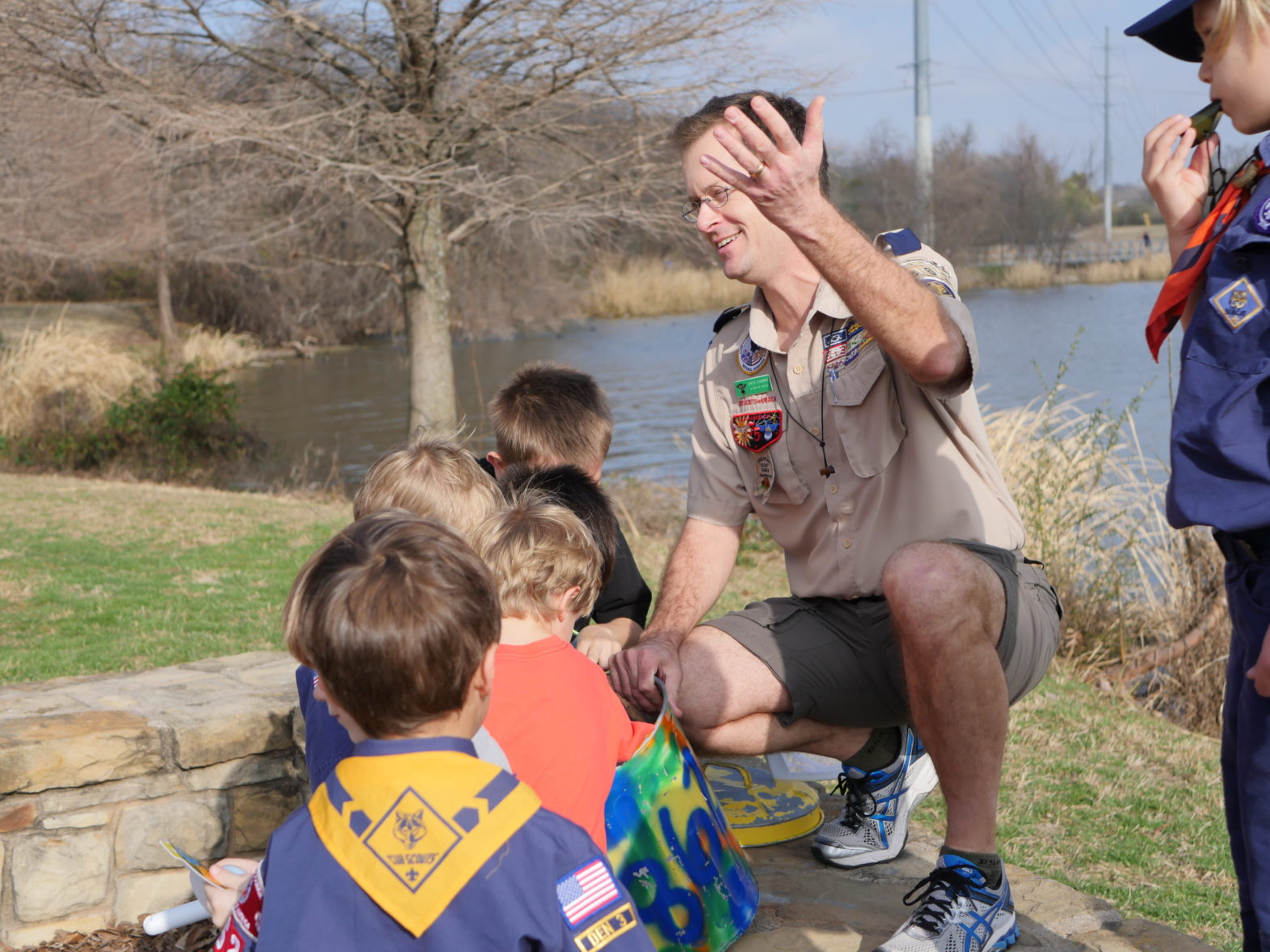Scout units often have non-participating adult leaders. Renewing them is a poor practice.
This is not a call to ingloriously kick them out. It is a call to conversation. After I share why inactive adults should not be renewed, I give conversation ideas.
Why
Being an adult leader means a high level of access to a unit. Information on and access to youth must be managed carefully. Part of that means adult leadership is appropriate only for people who are known to each other. Non-participating adults are not in relationship with the other adults, creating a safety and cultural risk.
No organization is static. The more time that elapses from when inactive adult leaders last participated, the more risks when they reappear. Are they familiar with the latest YPT revision? Are they familiar with the current youth and families? What if unit practices evolved?
The Key Three annually attest to the suitability of leaders. That is done when they sign the annual recharter agreement. How is attestation possible for people who lack an active relationship with the unit? What does it say when the Key Three attest to such people? (The Key Three is the Committee Chair, Chartered Organization Representative, and the top program leader–Scoutmaster, Cubmaster, Advisor, or Skipper.)
Inactive adults may lack incentive to be fully trained. They may jeopardize Journey to Excellence scores.
There are direct costs with no benefit. The treasurer has to manage more transactions. The membership chair has to manage more memberships. The training chair has to chase down absent adults. The committee chair or Scoutmaster must account for missing leaders.
Finally, adult leadership is a privilege and a responsibility. Re-registering non-participating adults cheapens the purpose of adult leadership.
Philosophical note: The adult uniform always has a position patch on the left shoulder. This is intentional. BSA is a youth-serving organization, so the only role for adults in Scouting is in being some kind of adult leader. By extension, unit-level adult leaders who are not fulfilling a leader role are contravening a premise of the BSA.
The conversation
Having ghost adult leaders on a unit roster is a sign of deferred, crucial conversations.
These leaders are renewing with good intentions. That must be respected. However, the privilege of continued registration must be tied to an active role. Any inactive leader who returns to an active role is a win!
The conversation should respectfully guide the inactive leader to one of these outcomes:
- Return to an active role. This is a win! You kept a leader, and you have new help. Be sure that the role is specific. Not simply “Committee Member” but “training lead”. Not simply “Assistant Scoutmaster” but “mentor to the Bobwhite Patrol”.
- Move to the district. Districts often need additional staff, and the district is a great place to continue helping Scouting. Pro tip: Reach out to your District Commissioner and District Chair. Do they need help?
- Unit Scouter Reserve. This position is for a temporarily uninvolved leader who intends to return (code 91U for regular or 92U for college reserve). This is an inactive status, so there is no position patch. The only required training is YPT, so it does not count against JTE metrics. This should only be used if both:
- A temporary life circumstance prevents involvement. A great example is a temporary move away from the area, like for a military deployment or to go to college.
- The adult has a genuine intent to resume an active role once the life circumstance ends.
- Merit badge counselor. This role has no registration cost.
- Ending the Scouting career. This point comes for everyone. Sometimes our fond memories get in the way of us making a rational assessment. While we all hope for someone to continue in an active role, we sometimes need to celebrate the role someone once had.
Details
Every rule has an exception. Adult leaders who are involved on the district or council level, but for whom there isn’t a clean membership option on those levels, might be best to maintain membership with a unit. Examples might include camp director (volunteer role), Order of the Arrow involvement, or similar. The unit still must set an expectation that this person maintain relationship with it.
What is “active” is up to each unit. Think carefully about where this bar is set. A leader who provides a valuable service but only twice a year: do you consider that person active? (You may!)
No, adults do not need to register to attend unit events. BSA only requires adult registration when attending an event that lasts for over 72 hours. Three notes:
- Unregistered adults should be supervised by a registered leader.
- Unregistered adults do not count for minimum-adult-leader requirements, such as the two-leader policy.
- While YPT is not required of unregistered adults, it is still a good idea.
Conclusion
Inactive adult leaders generally should not be re-registered. Inactive adults may be requesting re-registration because of their fondness for the unit, and we must be sympathetic to that. Inactive status is an invitation to a crucial conversation, to guide the adult to a preferred, new state.

Leave a Reply